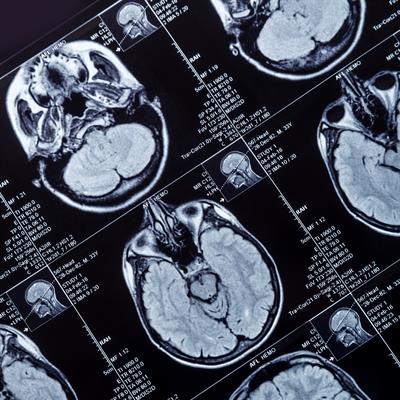October 20, 2022 -- The gene P300 may be the one to tackle to support patients with treatment-resistant brain cancer glioblastoma multiforme (GBM), University of California, Los Angeles researchers have found.
The gene enables GBM cells damaged by radiation therapy to recover by rearranging DNA, and this initiates a molecular mechanism that refortifies tumor cells for growth and survival. However, blocking P300 disrupts this process, the researchers found (Nature Communications, October 19, 2022).
GBM is rare but the most common primary brain tumor in adults and the average length of survival is months. Using mouse models and human GBM cells, the team showed radiation therapy-induced stress promotes phenotypic conversion of glioma stem cells to resemble vascular endothelial-like cells and pericytelike cells.
These converted cells promote tumor growth and post-treatment recurrence, which is brought about by changes within specific vascular gene regions in a process mediated by the gene P300, or P300 HAT (histone acetyltransferase).
However, inhibiting the gene's function appears to block the phenotypic conversion and suggests small molecules that inhibit P300 HAT activity may be useful in preventing tumor growth and adaptive resistance of GBM. Nonetheless, more studies are needed to fully uncover the underlying mechanisms at play, the researchers said.
Copyright © 2022 scienceboard.net









